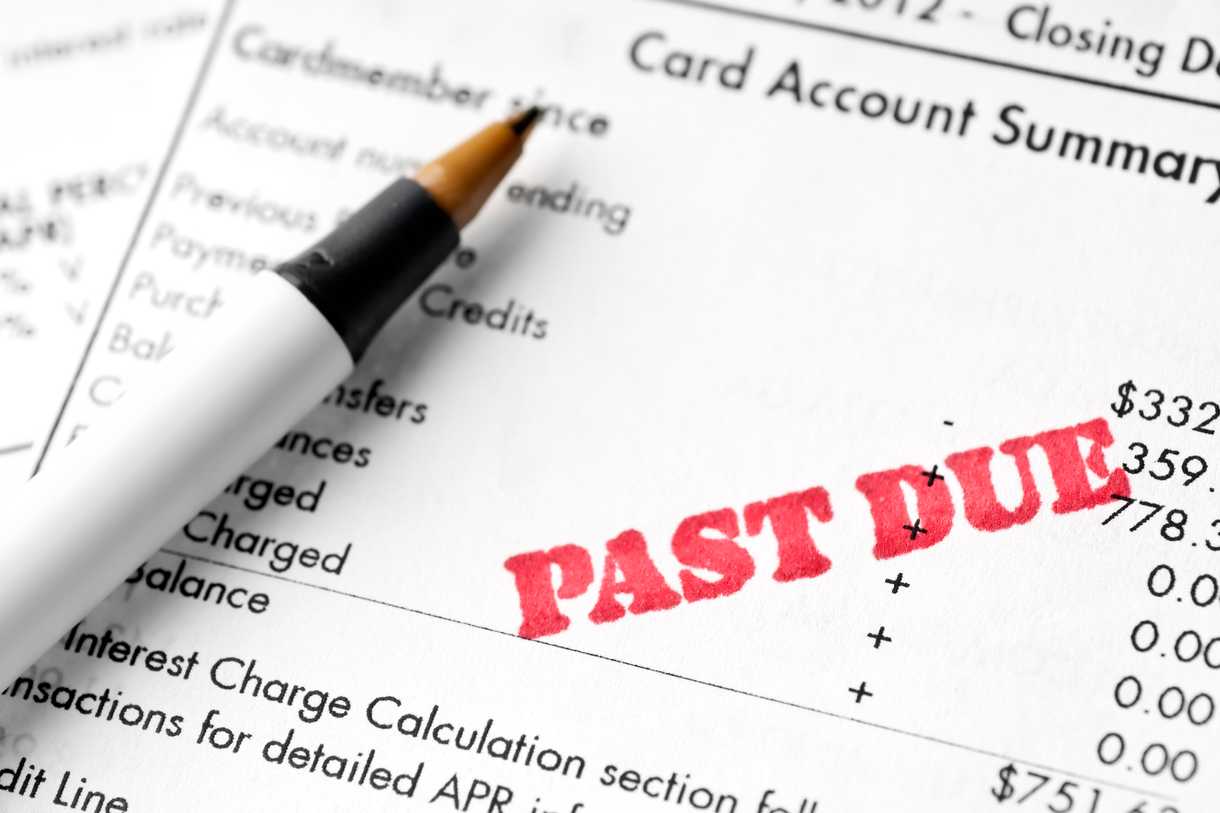Are you feeling overwhelmed by charge-offs and their impact on your financial well-being? Don’t worry, my friend! I’m here to help you navigate this tricky terrain. In this article, we’ll explore what charge-offs are, how they can affect your credit score, and most importantly, how to handle them like a pro.
How a charge-off works
So, what exactly is a charge-off? It’s when a bank or lender writes off an unpaid debt as a loss because they don’t expect to collect the money. But here’s the catch – even though the creditor may sell the debt to a collections agency, you still owe the money. And unfortunately, a charge-off can have a negative impact on your credit score, making it harder for you to get approved for other types of credit.
What happens with charged-off debt?
Remember, just because a debt is charged off doesn’t mean you’re off the hook. You’re still responsible for paying it unless you’ve settled with the creditor or discharged it through bankruptcy. Each state has a statute of limitations that dictates how long a creditor can sue you for a debt. While you’ll still owe the debt, you shouldn’t be able to get sued in court. If someone does sue you, use the statute of limitations as a defense.
Debt Collectors
Debt collectors can be a real hassle. Even if the original creditor decides not to sue you, they might try to collect the debt or sell it to a third party, like a debt collection agency. These collectors can be quite aggressive, resorting to tactics like incessant phone calls or even attempting to get a judgment to garnish your wages. If you feel threatened or harassed, make sure they’re following the laws laid out in the Fair Debt Collection Practices Act (FDCPA). And remember, paying off the debt as soon as possible is still a good idea.
How does a charge-off affect your credit report?
Now let’s talk about the impact of charge-offs on your credit report. If you don’t pay the debt before it’s charged off, it can be sold to a debt collector, leading to a double appearance on your credit report. A charge-off can lower your credit score by 50 to 150 points and can look very bad on your report. It signals to potential lenders that you may skip out on your debt obligations for extended periods of time. However, paying off the charged-off debt can improve your credit score, although it won’t be removed from your report. It will be marked as a paid-off charge, and it will automatically fall off after seven years.
What to do if you have a charge-off
Discovering a charge-off on your credit report can be distressing, but fear not! I have some steps to help you handle it. First, validate the debt by contacting the original creditor or debt collector and asking them to verify it. If you find any inaccuracies, dispute them with supporting documentation. If the charge-off account shows a balance, try to pay it off or negotiate a settlement. Paying off the debt is better for your credit, but if you can’t afford the full amount, settling is still better than leaving it unpaid.
Tips to avoid charge-offs
Prevention is always better than cure, my friend. To avoid charge-offs, pay your debts on time and as agreed. Setting up a budget and automating bill payments can help you stay on track. If you’re unable to pay your debts immediately, contact your bank or creditor to discuss a payment plan or request a lower interest rate. Good communication can go a long way.
Address the problem right away
If you find a charge-off on your credit report, take immediate action. Verify or dispute the account, and consider paying it off to improve your credit score. Remember, after seven years, the charge-off will no longer appear on your report.
Now that you’re armed with knowledge about charge-offs, tackle them head-on, my friend. And if you need more guidance on personal finances, visit Personal Finances Blog. Take control of your financial future and let’s conquer those charge-offs together!

